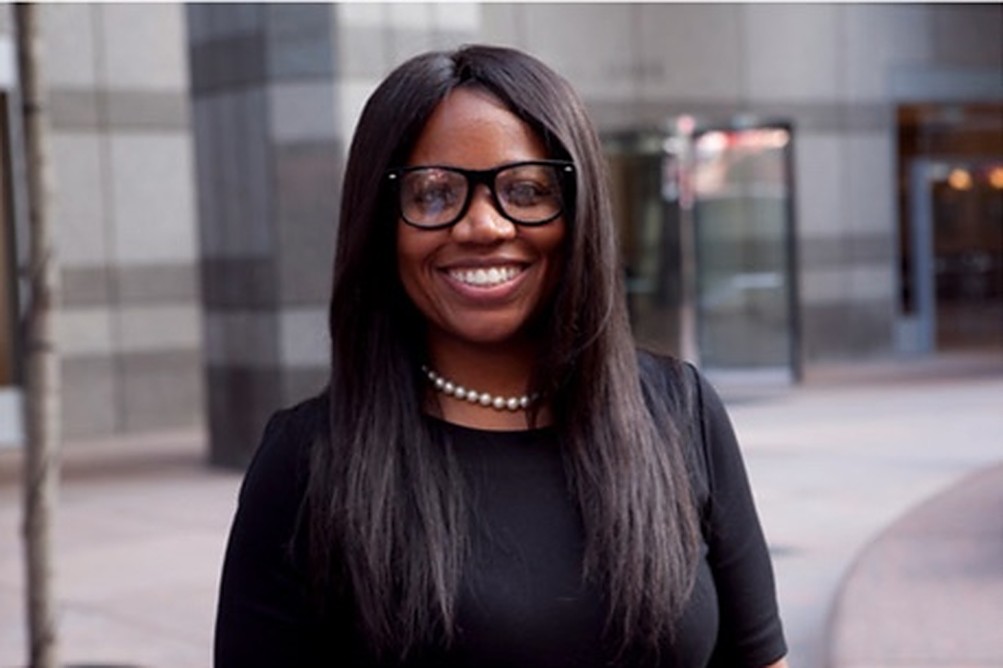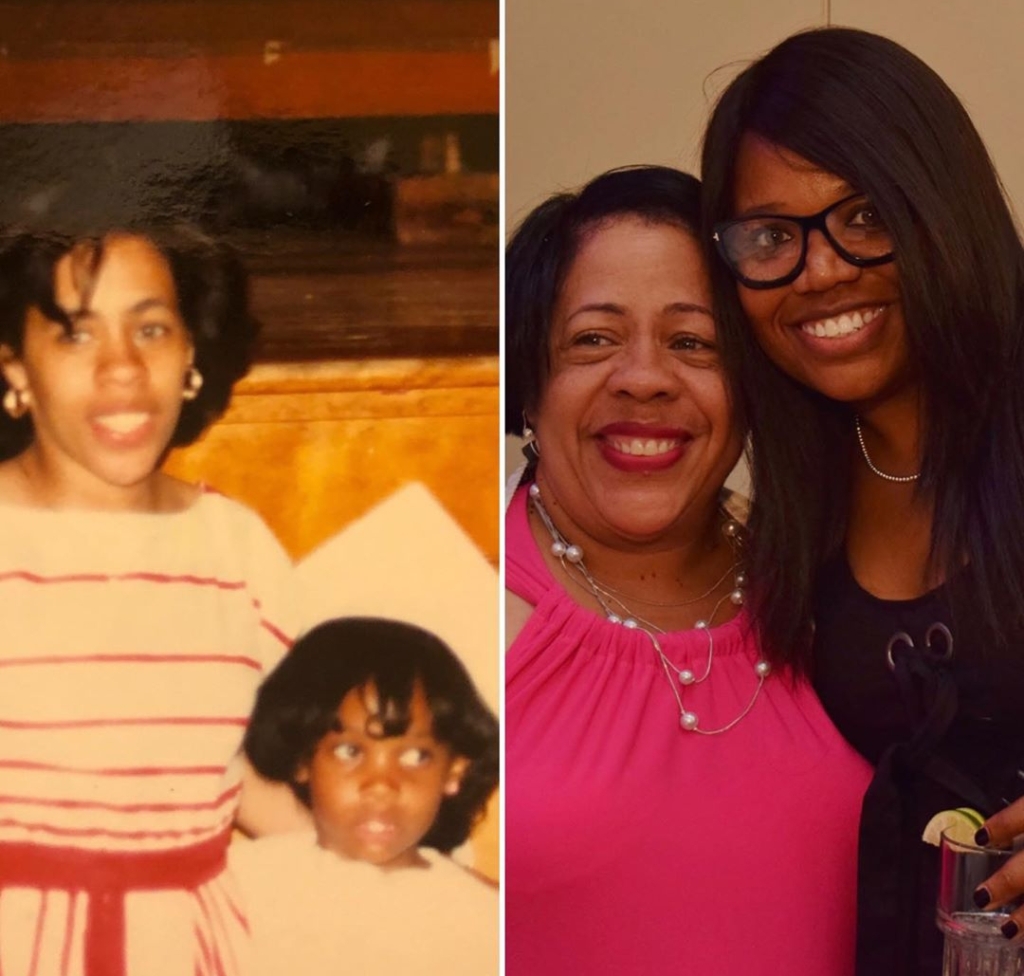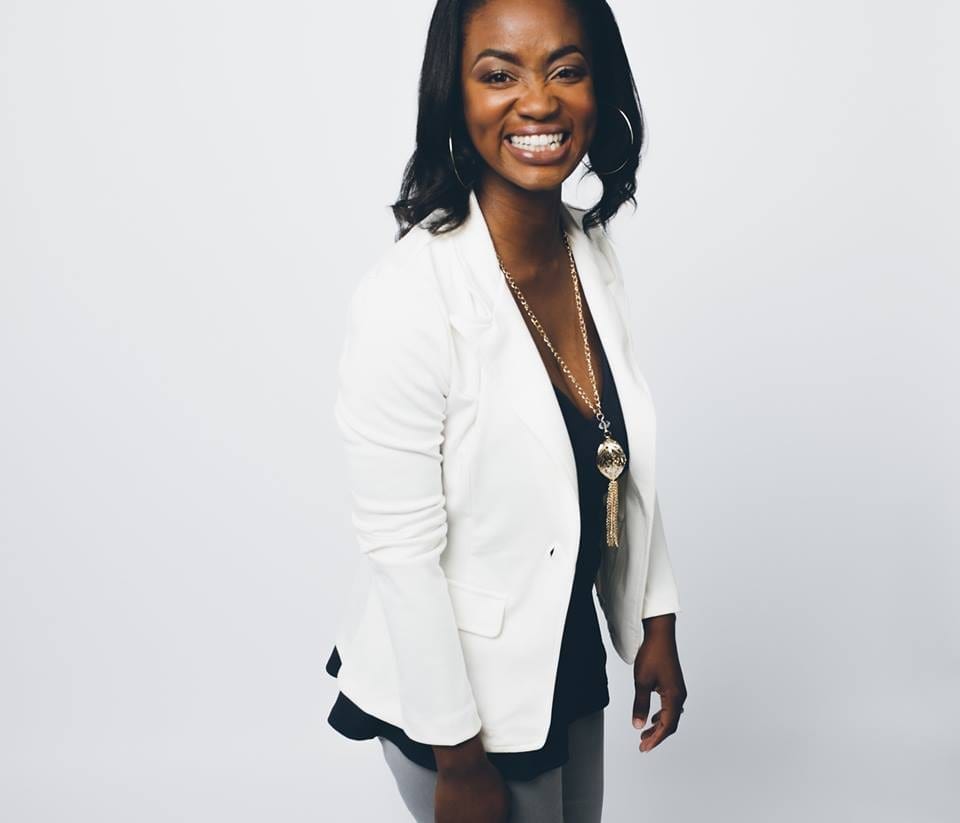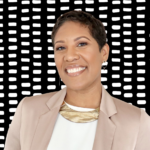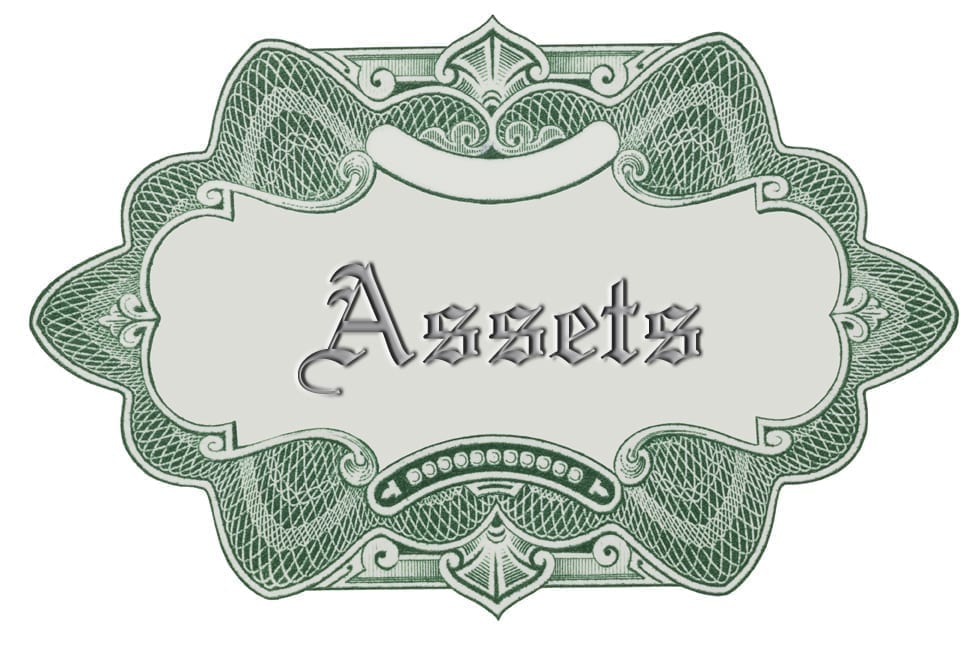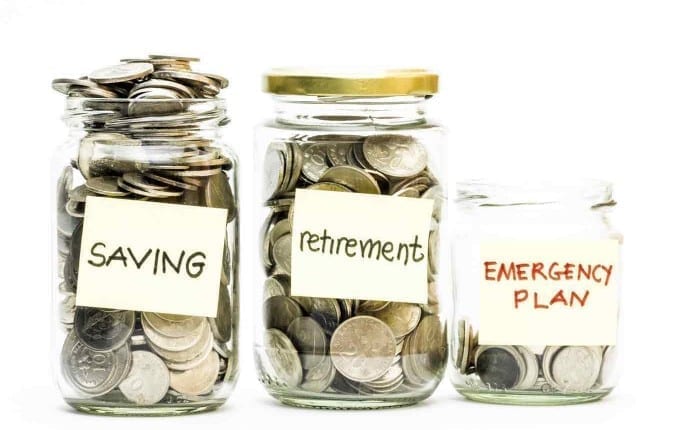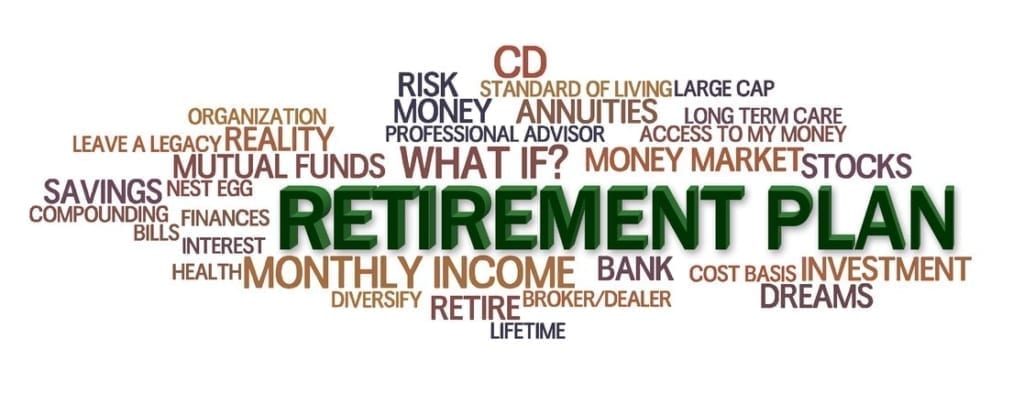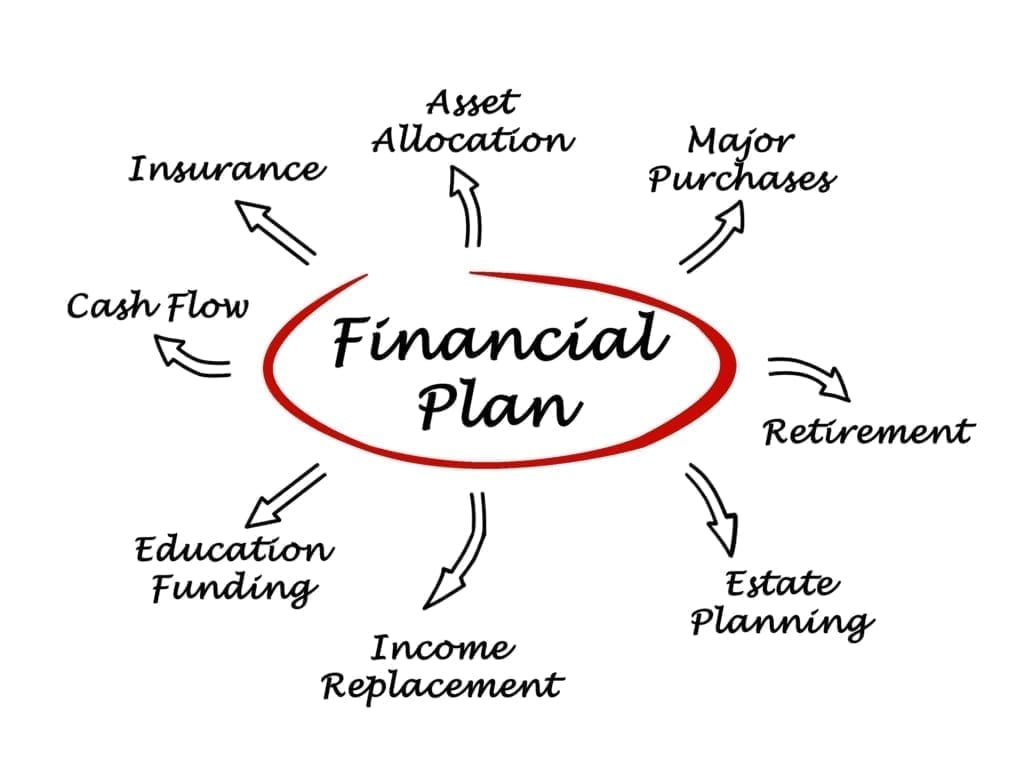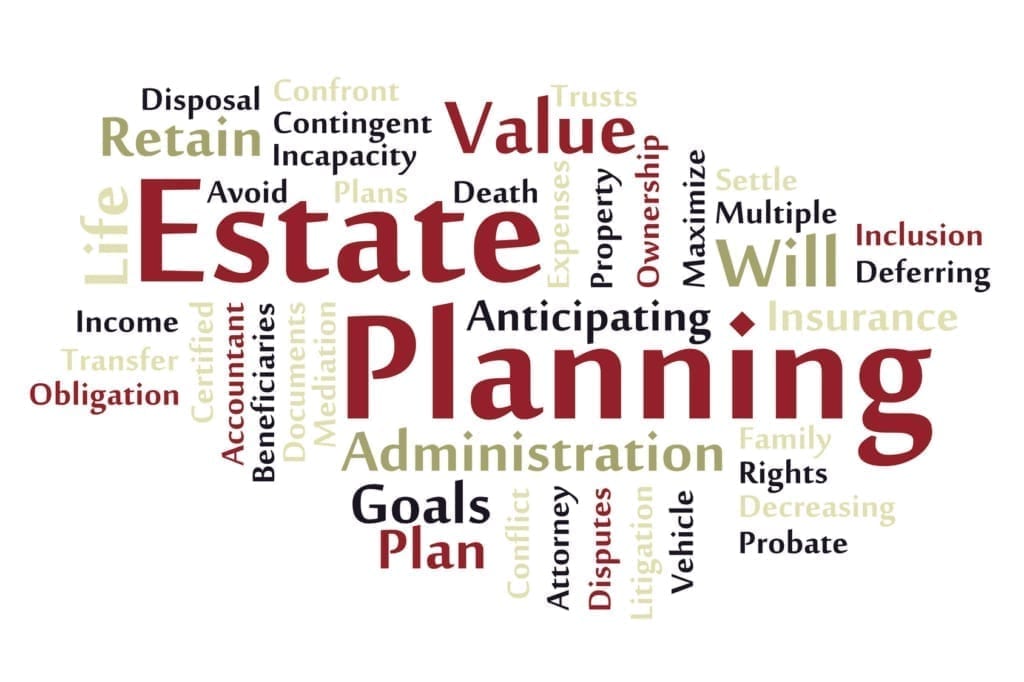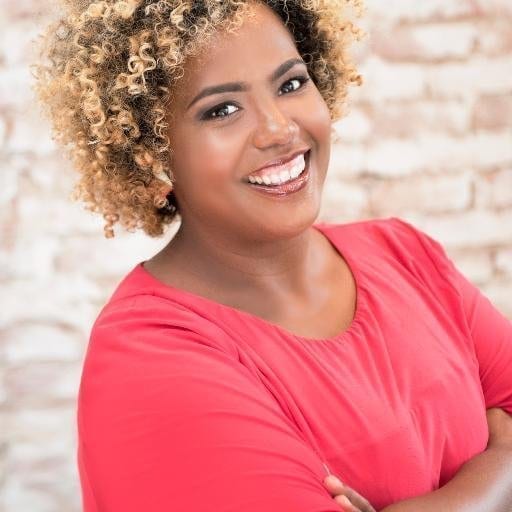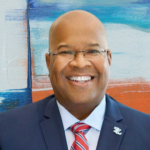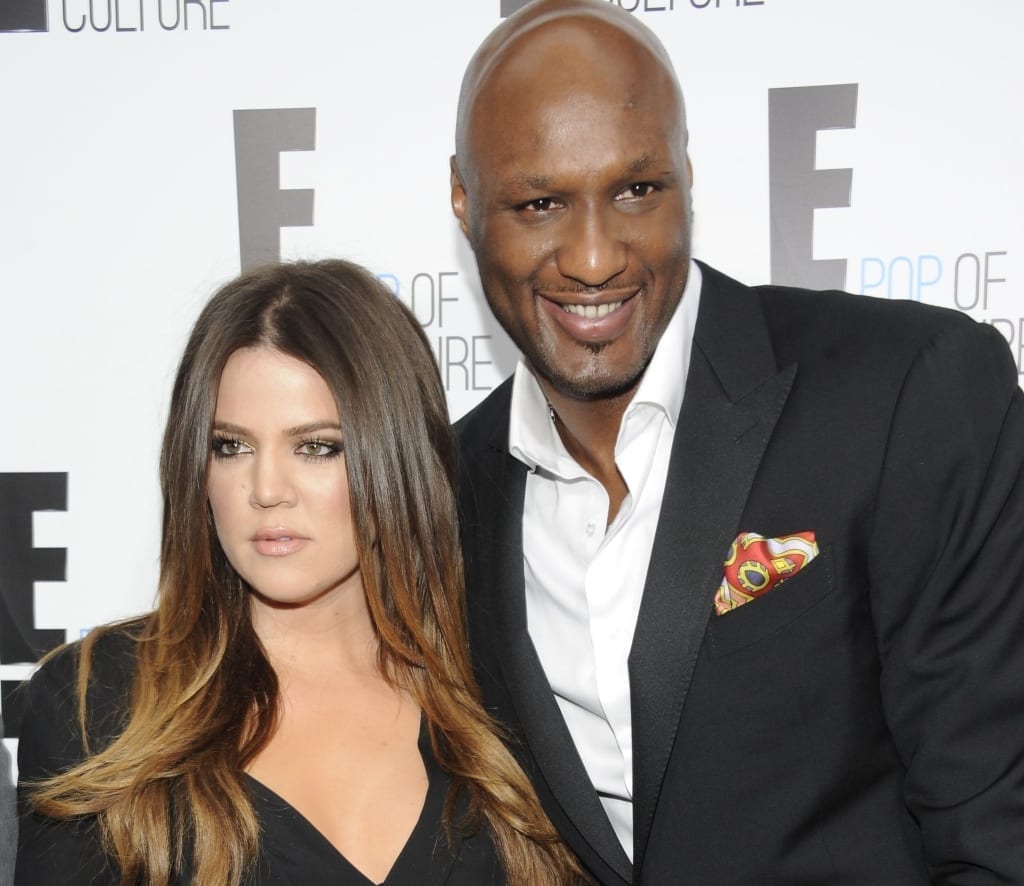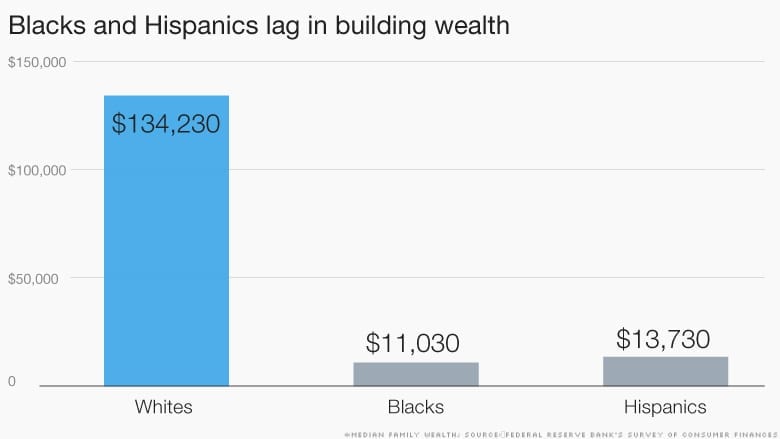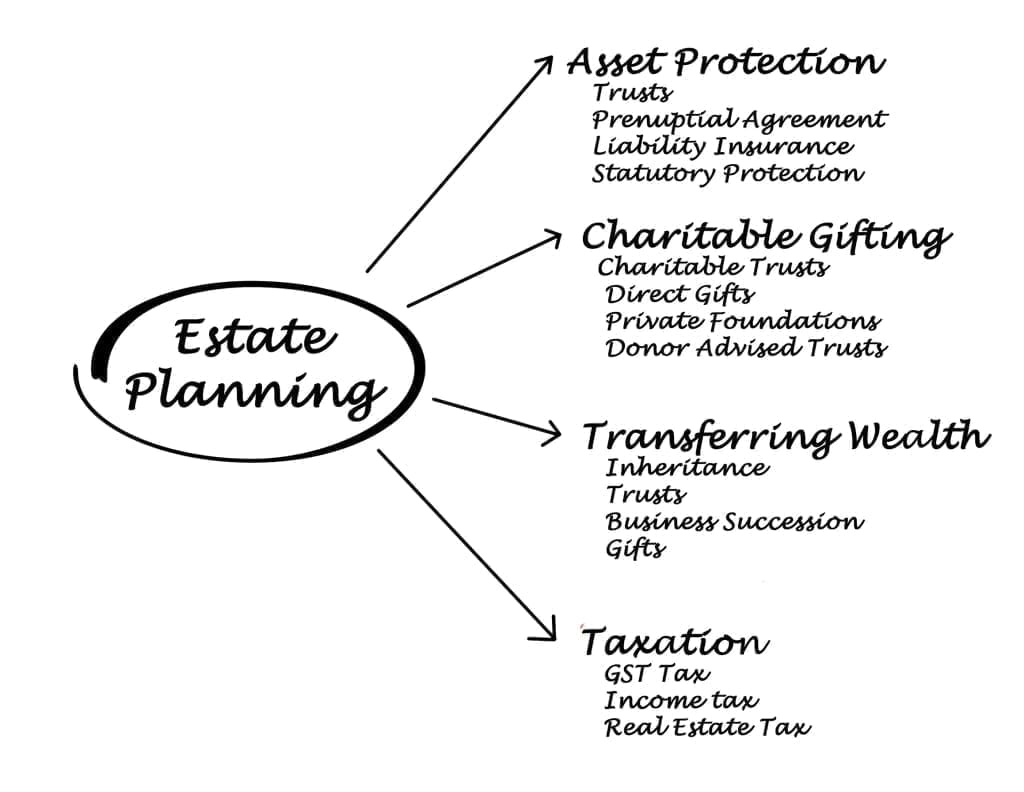Building wealth and achieving financial independence are two of the most important goals that anyone can set for themselves.
Whether you’re just starting out in your career or you’re well into your working years, there are a variety of strategies that you can use to build wealth and secure your financial future.
Here are 10 proven strategies for building wealth and achieving financial independence:
1. Start by setting clear financial goals
Before you can start building wealth, you need to know exactly what you’re working towards. Whether you want to save for a down payment on a house, build an emergency fund, or retire early, setting clear financial goals will help you stay focused and motivated.
2. Create a budget and stick to it
One of the most important steps in building wealth is learning to live within your means. By creating a budget and sticking to it, you’ll be able to save more money and invest more of your income.
3. Invest in your education and career
Investing in your education and career is one of the best ways to increase your earning potential over the long term. Whether you’re pursuing a higher degree or taking a class to develop a new skill, investing in yourself is an important step towards building wealth.
4. Start saving and investing early
The earlier you start saving and investing, the more time your money has to grow. Even small amounts of money invested early can grow into substantial sums over time.
5. Diversify your investments
Diversifying your investments is one of the most important steps you can take to minimize risk and maximize returns. By spreading your money across a variety of different investments, you can reduce the impact of any one investment that may not perform well.
6. Take advantage of tax-advantaged accounts
Tax-advantaged accounts like 401(k)s and IRAs can help you save money on taxes and grow your wealth more quickly. Be sure to take full advantage of these accounts and contribute as much as you can.
7. Be mindful of fees and expenses
High fees and expenses can eat away at your returns over time. Be mindful of the fees and expenses associated with your investments and try to minimize them as much as possible.
8. Stay informed and keep learning
Building wealth is an ongoing process that requires a commitment to learning and staying informed about the markets and the economy. Stay informed by reading financial news and books, and consulting with financial experts.
9. Take calculated risks
Building wealth often involves taking calculated risks. Carefully evaluate the potential risks and rewards of any investment before you make a decision.
10. Stay disciplined
Building wealth is a marathon, not a sprint. Stay disciplined and don’t let short-term setbacks discourage you. Remember, building wealth takes time and patience, but with a solid plan and the right mindset, you can achieve your financial goals.






















